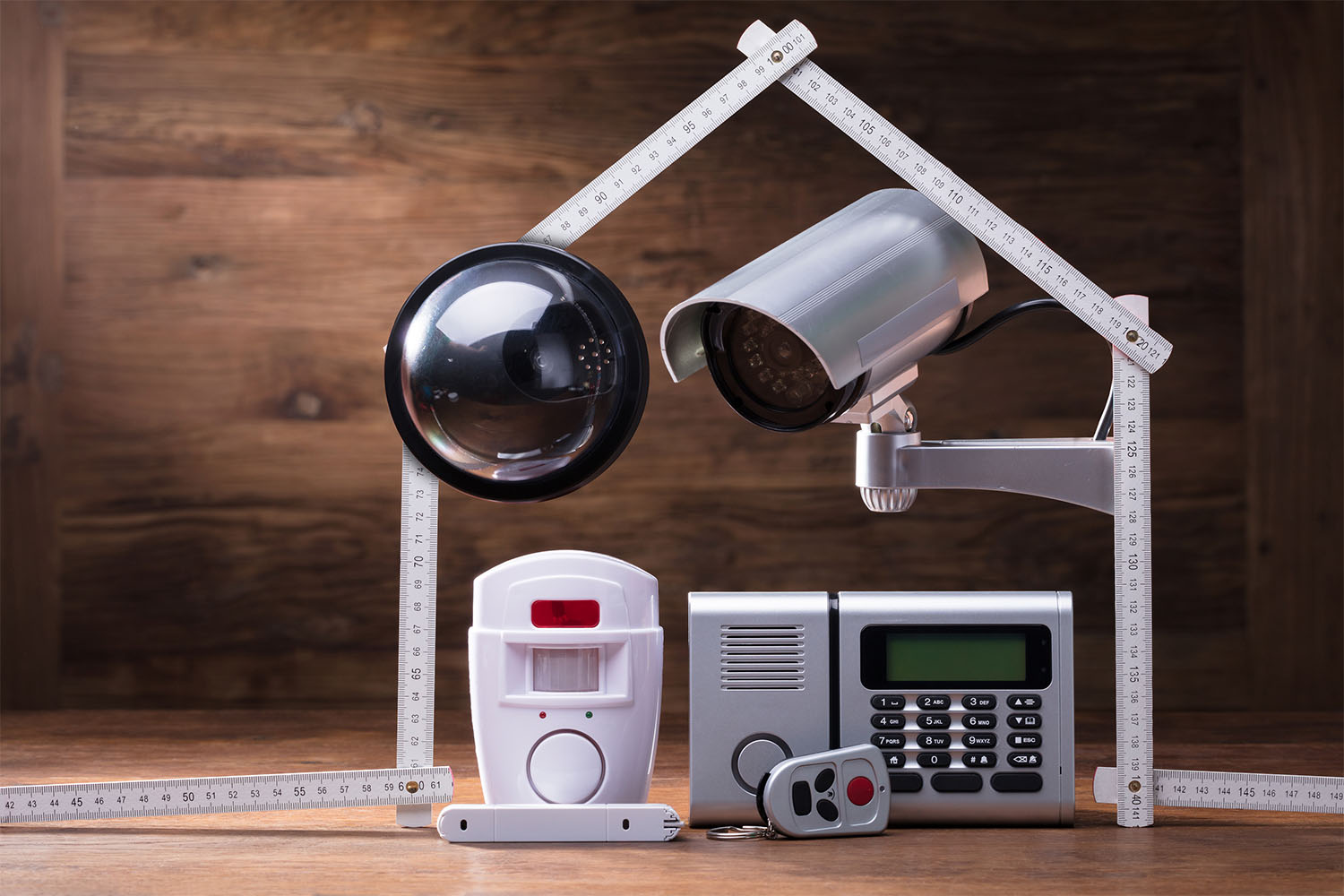
The short answer is no. But a fire alarm is only useful if there is someone around to hear it sound. When your business or property is equipped with a fire alarm system that isn’t monitored, you are really only getting a snippet of fire protection.
The nice thing about a fire alarm system is the low cost. Usually, houses and businesses come with fire alarm systems previously installed in them. The only amount of maintenance on fire alarm systems is changing the batteries when they get low.
If there is one advantage to having a fire alarm system that isn’t monitored, it’s the ability to simply turn the alarm off in the case of a false alarm. If your house gets a bit too smoky from something on the stove, you don’t have to worry about the fire department being dispatched to your home because you forgot to open a window for a little ventilation.
The big problem with having a fire alarm system that isn’t being monitored by a central station is your property isn’t fully protected unless you are home. In the event of an actual fire, if someone is not home to call 9-1-1, the alarm has no real purpose.
A fire alarm monitoring system provides 24-hour protection compared to an unmonitored fire alarm system. Consider this scenario for example: An electrical fire gets sparked at your business in the middle of the night while nobody is in your office. A monitored fire alarm system will automatically alert the central monitoring station. Within minutes, the fire department can be alerted, and dispatched, and the business owner will be contacted. This can minimize property damage and lost resources.
In that same scenario – with an unmonitored fire alarm – the building owner might show up to work the next morning to a burned down building.
Fire alarm monitoring systems do more than protect your property when you aren’t home. They can also test themselves to ensure that the system is working correctly and protect people who may not know what to do in the event of a fire.
A monitored fire alarm system can troubleshoot itself to determine if the system is working properly or not. If there is a fire alarm somewhere in the system that is not functioning properly, a central monitoring station will receive a signal and call the contact for the property. This can ensure proper functionality of the system.
Some people might not know what to do in the event of a fire, or might not have the ability to perform the correct duties during a fire. A monitored fire alarm system can protect those who can’t protect themselves. In the event of a fire, if an elderly person can’t get to a phone in time, a timely fire station dispatch from the central monitoring station could potentially save their life.
Children might not know how to respond to a fire. A child might know to get out of the home, but might not think to dial 9-1-1. If a central station was monitoring the fire alarm in the first place, this responsibility would not need to rest with the child.
Whether or not the fire alarm in your home or business is monitored; fire alarms do save lives. When a fire started in her home, this family hero pulled the fire alarm when the dryer caught fire. Because of her swift action, only the laundry room was damaged. In a much different scenario, a resident fled their apartment after a fire had started in the kitchen. Even though they didn’t call 9-1-1, an AvantGuard operator was able to dispatch the fire department and save the apartment complex. because the fire alarm was a monitored system. The advantage of a monitored system are real and can save property and lives.
Lorem ipsum dolor sit amet, consectetur adipiscing elit

Take advantage of our robust library of industry and AG related news, articles, webinars and other resources available through our resource center to enhance your success. You will also discover valuable insights and content you can share with your subscribers through your website, newsletters, and emails.
Receive more useful content like this by signing up for our weekly AG Newsletter below:
AvantGuard Monitoring Centers, LLC. | P.O. Box 15022 | Ogden, UT 84415 | Office: (877) 206-9141 | Fax: (801) 781-6133